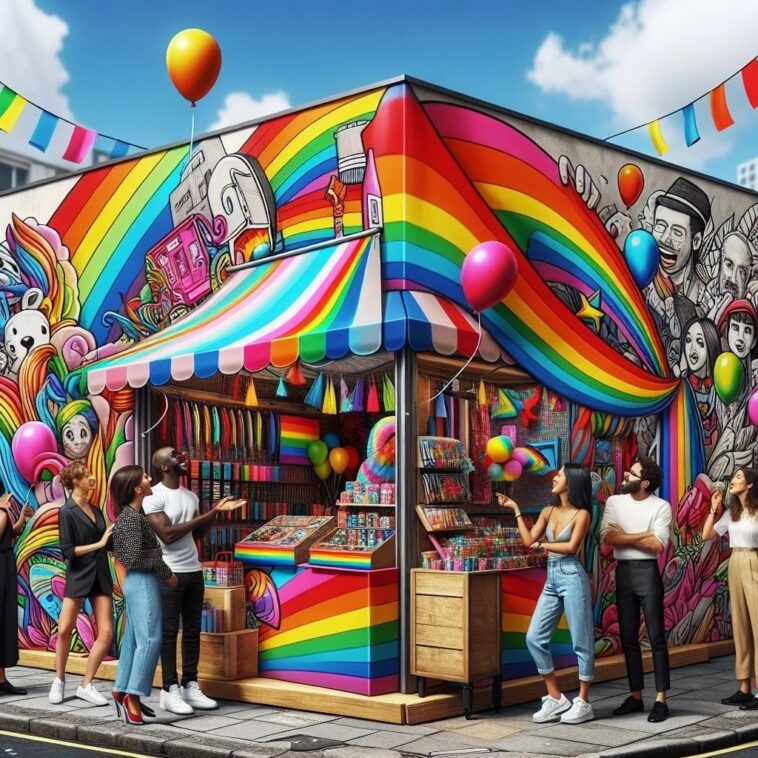Every business is competing in an ever-increasingly crowded marketplace for custom. No matter the industry, no matter the product, someone, somewhere is fighting alongside you to be the brand everyone chooses. It’s truly a battlefield! So, what do you do?
Up your advertising budget, add another social media channel, or lower your prices? Well, you could but we would hazard a guess to say that none of that guarantees anything.
At the core of any business, aside from profit, is customer loyalty, with it, you can grow fast. That connection between brand and customer can be much more valuable than an expensive ad campaign. It can deliver much better results than a flash sale.
It can build a foundation that lasts for years to come. But how is that being achieved when everyone is competing for the same slice of the pie?
Today, loyalty is being created not so much through the products themselves but through the brand, what it stands for, what it does, and how it makes its fanbase part of its journey.
The answer lies in experiential marketing, the avenue brands are now choosing, more than ever, to launch themselves into the stratosphere of their chosen space.
In this blog, we take a look at how this medium of marketing is helping accelerate growth, enhance loyalty and deliver exactly what the businesses are after.
What is experiential marketing?
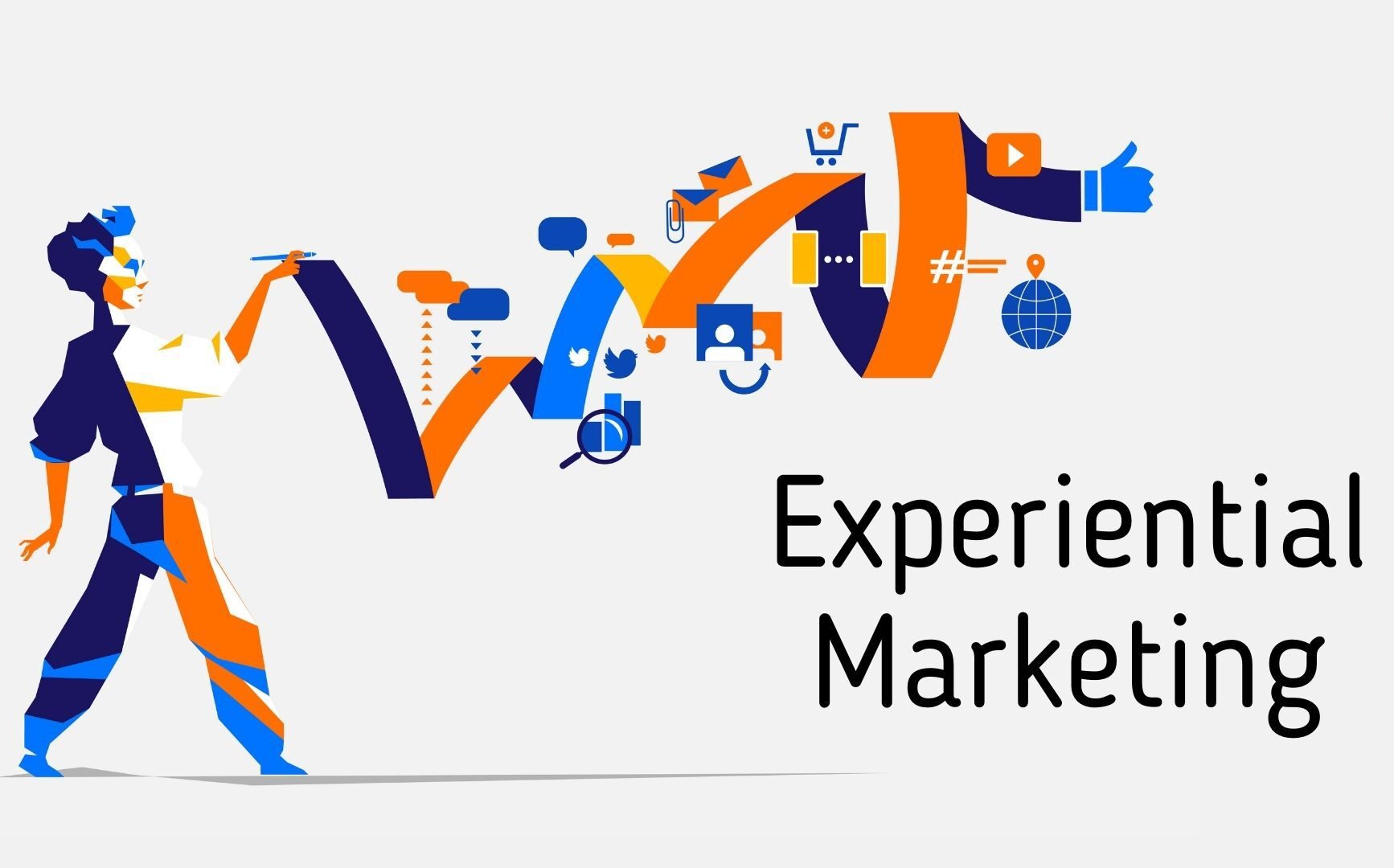
Experiential marketing is a form of marketing where the brand creates immersive, memorable experiences where the customer is part of the event. Instead of using traditional adverts to promote the brand or product, customers are invited to be part of a hands-on experience.
Through such experiences, brands learn more about customers and customers learn more about brands, with both parties having interacted with each other throughout.
With this close-up, real, interactive form of advertising, the memories created, the feelings felt, and the experiences gained foster loyalty not necessarily found through other forms of marketing.
Building brand loyalty with experiential marketing
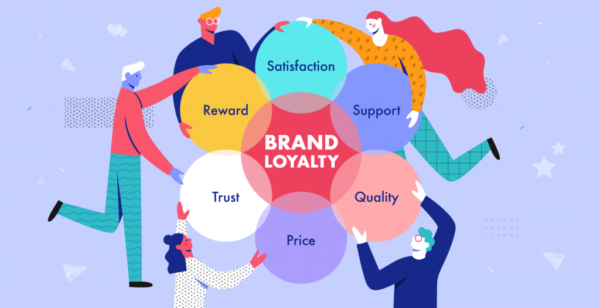
Companies know they need to do more than just put together an advertising campaign and hope it works.
Much more time and effort are being spent on bringing the customer closer to the brand. With our lives pretty much in the palm of our hands each day through smartphones, tablets and more, digital is running alongside the physical and allowing people to feel part of something whether they are there in person or not.
Such hybrid events, often the brainchild of a digital experience agency, allow for total inclusivity and an almost equal shared experience.
The person who was at the product launch can chat with the person who saw the live stream and have virtually the same experience. So, why does experiential marketing build loyalty? Let’s look at the key factors.
Engagement of sense
Perhaps more suited to the people taking part in person, but also, to a degree, of benefit to those consuming online, experiential marketing engages the senses.
This helps foster a more meaningful and memorable connection to the band. If you can see, hear, touch, smell and perhaps even taste what the brand is showcasing, you no longer have the “what does, what if, what can” questions to ask as you are experiencing it all right in front of you.
If we use a coffee shop brand as an example, an interactive pop-up shop could give customers samples of their latest coffee offering but then also spend time showing keen coffee connoisseurs more about the roasting process and how each flavour is crafted.
With touch, smell and taste all catered for, the lasting memory of this brand will be far greater than that of the brand just seen on TV or in print.
Emotion can drive loyalty
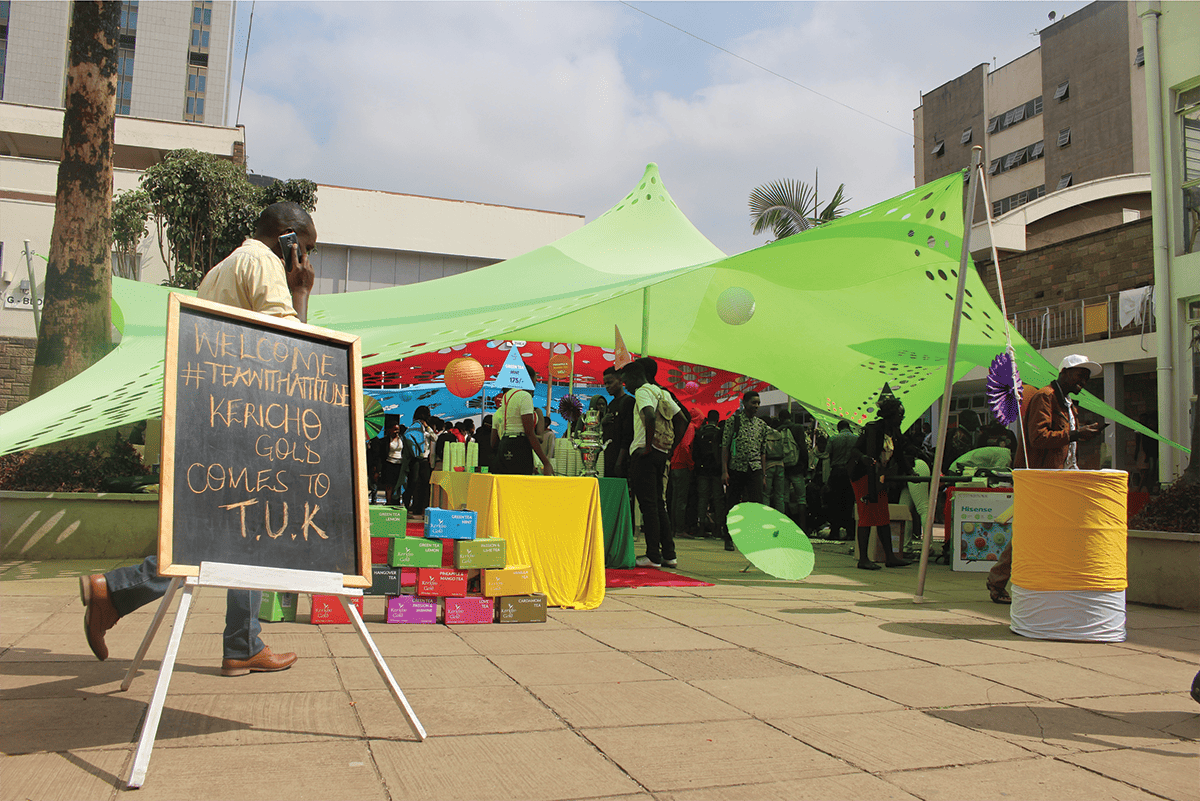
We seem to be going through a retro/nostalgia moment right now. In the UK especially, the 90’s is showing a huge revival!
Any experience that can provoke emotion, whether it be excitement, happiness or a fond look at days gone by will automatically create a stronger connection than one you have no feelings for.
For a customer, this can be a defining moment in where they choose to shop next. With the brand that makes them feel something or the brand that doesn’t.
If we use Coke as an example. The “Share a Coke” campaign allowed customers to personalise a bottle with a name. It may sound a little gimmicky but the idea of giving a gift, sharing a moment and being kind resonates.
As a result, positive emotions are felt by both the person receiving the drink and the person giving it. Over time, this simple act is more likely to keep the brand in mind than a competitor, perhaps even subconsciously.
A sense of community
Due to their nature, experiential marketing events can create a valued sense of community. With them taking place in shared spaces, guests are often those who share the same interests.
As a result, groups of people gather and share something special to them. If we look at the fan parks for football as an example.
Fans are encouraged to take place in the “top bins challenge” for example. The goal (pardon the pun) might be to get the ball in the top corner and for a brand to give some free samples and capture customer info, but those taking part immerse themselves in the moment with friends and strangers.
Add in the interactive elements incorporated by the brand and this communal moment becomes shared on a large scale.
Participation=Ownership
Leveraging Expert Guidance for Successful Experiential Marketing
Experiential marketing is an excellent way to foster strong connections between brands and customers, creating loyalty through memorable, interactive experiences. However, for businesses to execute these immersive campaigns effectively, they often need expert guidance to ensure their efforts resonate with their target audience and align with broader business goals.
This is where a Fractional CMO near me can add immense value. A Fractional CMO brings strategic marketing leadership on a part-time basis, helping businesses design and implement experiential marketing campaigns that are impactful and aligned with their brand identity.
Whether it’s planning events, leveraging local trends, or integrating digital strategies to enhance the experience, a Fractional CMO provides the expertise to make these campaigns successful without the financial commitment of a full-time marketing executive.
By working with a Fractional CMO who understands your local market dynamics, you can craft tailored experiential marketing strategies that engage your audience and create lasting impressions, all while staying within budget and focused on measurable outcomes.
As someone attending an event, a consumer has the chance to feel as if they are the special one, the included one, the VIP. Some events are invite or ticket only, others are open to all.
Regardless, when someone participates, they feel part of something, that in the moment, nobody else is.
This gives a sense of ownership and also a slight uniqueness to the experience. Everyone can embrace their experience differently, even if doing the same thing.
The more actively a consumer engages with the brand, the more personally invested they become and the prouder and more loyal they become.
An example here would be Lego. The pop-up events run by one of the world’s most famous brands allow consumers to immerse themselves in building challenges. Being part of the challenge allows those taking part to feel like they are part of something much bigger and helps to steer the band narrative Lego are creating.
Memorable moments lead to free exposure
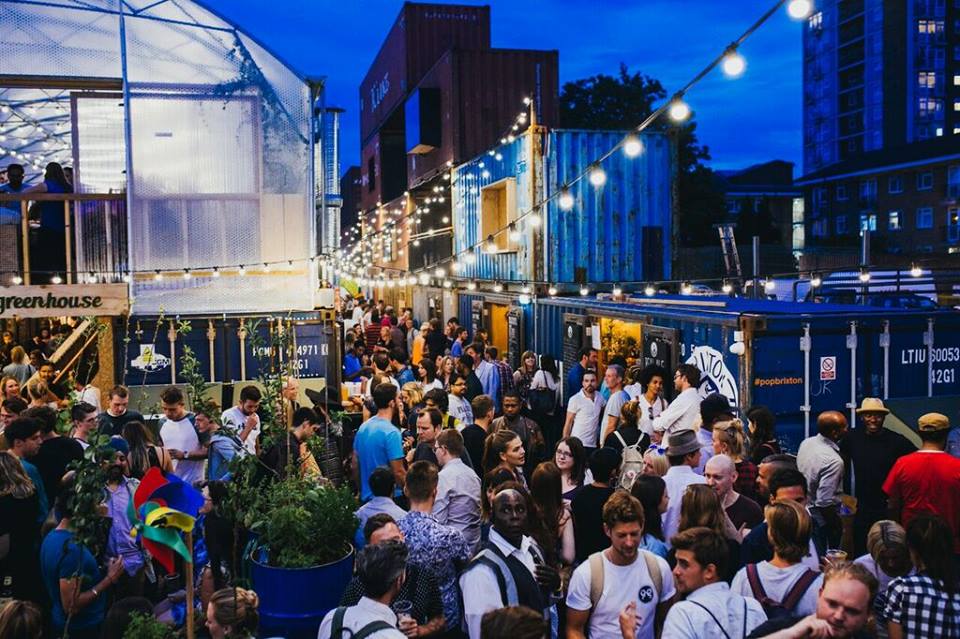
Experiential marketing is there to become memorable and thanks to our instant connectivity to the world, whatever happens at the event can become instantly shareable and enjoyable. Suddenly, a reach that could cost substantial sums of money, has now been achieved for free.
People want to share their moment from the event, whether it be an interactive element they took part in themselves or whether it be the impressive event décor that’s been created.
Sharing isn’t just digital either. Once the event is over and the consumers who attend return home, they will likely share what they did and what your brand delivered. Suddenly brand advocates can be created from people who didn’t even attend.
For this example, let’s look at a shoe brand. We won’t name one, as in this example, we are making up the event, but just give this some thought.
The brand is launching a new pair of limited-edition shoes but to get to the launch, there is a treasure hunt across town. Sneakerheads and fashion fans could well lap this up and share their experience to either get others involved or assist them in their journey.
Now think how memorable that will be when a number of keen fans reach the venue for a spectacular launch you’ve created.
Tapping into the identity
Often, experiential marketing taps into much deeper elements of the consumer identity. When bands align their events with the values, aspirations and lifestyles of the target audience, they connect with them on a personal level.
As a result, consumers become loyal not just because of a product but because the brand becomes something they relate to, it becomes a reflection of their personality or shows them who they can be.
Some brands, for example, put a large focus on sustainability and may choose their experiential events to be based around that. Think beach cleanups or recycling drives for example. This allows consumers with the same focus to see the brand as trustworthy and genuine and not just the seller of specific items.
Experiential marketing is far more than just an event. It is about creating memories, feelings and experiences that may resonate on a personal level. Should that connection be made, the chance for brand loyalty is vastly increased.



